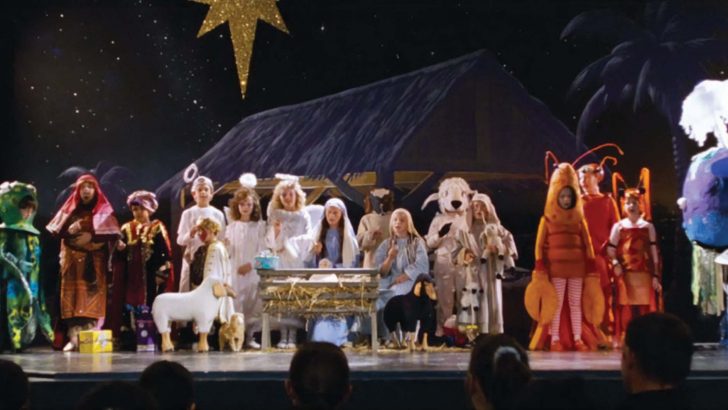Christmas Tradition, Truth and the Total Baubles
by Nick Page (John Murray Press, £6.99)
The contents of this book may seem very familiar to some readers, for every Christmas articles and books appear about the traditions of the Nativity and the events surrounding it.
Nick Page, who is an agreeable yet well-informed writer with an amusing style, deals in some 24 chapters with a whole range of beliefs people have about Christmas, most of them with little true foundation, it seems, in history.
Yet where would the season be without them? They surround what for others (including Nick Page, we can assume) is the profound mystery of the incarnation. Could we so easily engage the attention of children to both Christmas and Easter if it were not for these traditions?
Complain
These days we all complain about ‘the commercialisation of Christmas,’ by which is meant those dreadful Coca-Cola advertisements, with their stout red-coated Santa, an individual not invented by the company, but derived from cartoonist Thomas Nash’s already established image of Father Christmas. And so on, with Christmas trees, the Three Wise Men, King Herod etc.
But what this complaint really refers to is not just that commerce profits from our simple faith, but that customs everywhere become stereotypes – as we have seen with Hallowe’en. The older traditions and customs, where they survive and are celebrated in a familial or community atmosphere, keep these commercial ravages at bay.
This book also devotes itself largely to the sort of tradition and customs of these islands. A real survey of Christmas would have to cover France, Spain and Italy and their more Catholic customs, as well as the traditions of northern Europe in Germany, Scandinavia, Poland and Russia. But so much of these notions of tradition come from beliefs of the Eastern Churches, who hardly get a look in here. Also neglected are the new regions of Christian belief in Asia, in India and in China, and in Africa, with their still evolving Christian customs of Christmas.
Tradition
All these go to show what a complicated thing, tradition, custom and sacred beliefs can be. Let us, though, not be too critical of them. Without them there might at this time of the year be nothing except commerce, self-indulgence and austere religious ceremonies.
We should hail and warmly welcome the Three Kings, who followed a mystical quest, and took back to their own country news of a strange and liberating story.
And of course, in the parish Nativity play (which will return) there has to be a role for every child in the class, if only among the little angles that crowd around the crib and the Holy Family. But then some Christians hope too for a similar angelic role for themselves in the future. We all of us should see ourselves in the guise of little angles.
So let’s all simply wish each other well at this time, and relish the traditions that give some warmth and amusement to an often bleak season.


 Peter Costello
Peter Costello Nativity play in Belfast
Nativity play in Belfast 